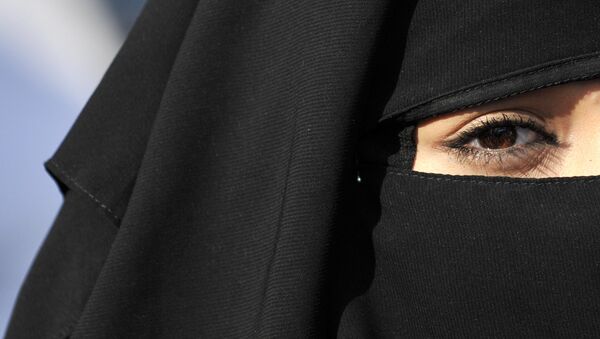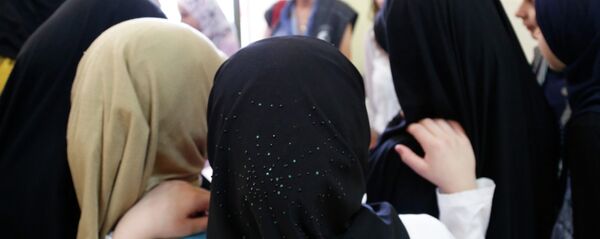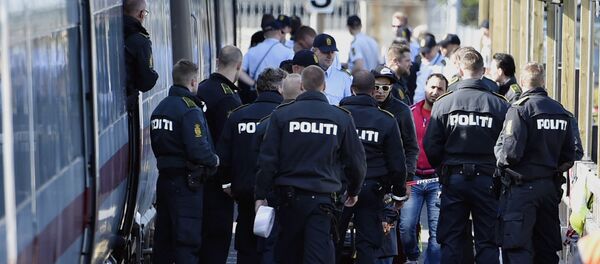"In some of these cases it has been it has been assessed that it would not be compatible with Denmark's international obligations to maintain the separate living quarters, thus these couple have been offered to be housed together," the Danish Immigration Service wrote in an official response to a parliamentary enquiry.
The Danish Immigration Service ruled that separate living quarters for refugee spouses would violate the UN's Convention on the Rights of the Child and Article 8 of the European Convention on Human Rights, which guarantees the right to private and family life.
"We appear to have run on autopilot and exclusively focused on our need to combat forced marriages — to such an extent that we forgot to look at the people involved. We have, so to speak, lost sight of people," Juul said.
Remarkably, spokesmen for both the Danish People's Party and the Conservatives, who jointly co-lead the so-called ‘blue bloc' currently in power, said that Denmark should either directly challenge the international conventions or withdraw from them.
According to hardline Conservative MP Naser Khader, who remains openly opposed the reversal, Denmark may become a magnet for child brides in the future.
"This may ultimately mean that people with underage spouses will feel encouraged to come to Denmark. When they see that we allow such couples to stay together, it would be only natural for them to come here. This is highly problematic," Naser Khader told the Danish tabloid newspaper Ekstra Bladet.
The U-turn may also come as a hard blow for Integration Minister Inger Støjberg, who personally championed the separations earlier this year.
In January, the Integration Ministry reported that there were 32 minors who have spouses or partners in the Danish asylum system, including a pregnant 14-year-old girl. Earlier this year, two asylum-seekers reportedly tried to commit suicide after being split from their spouses.





